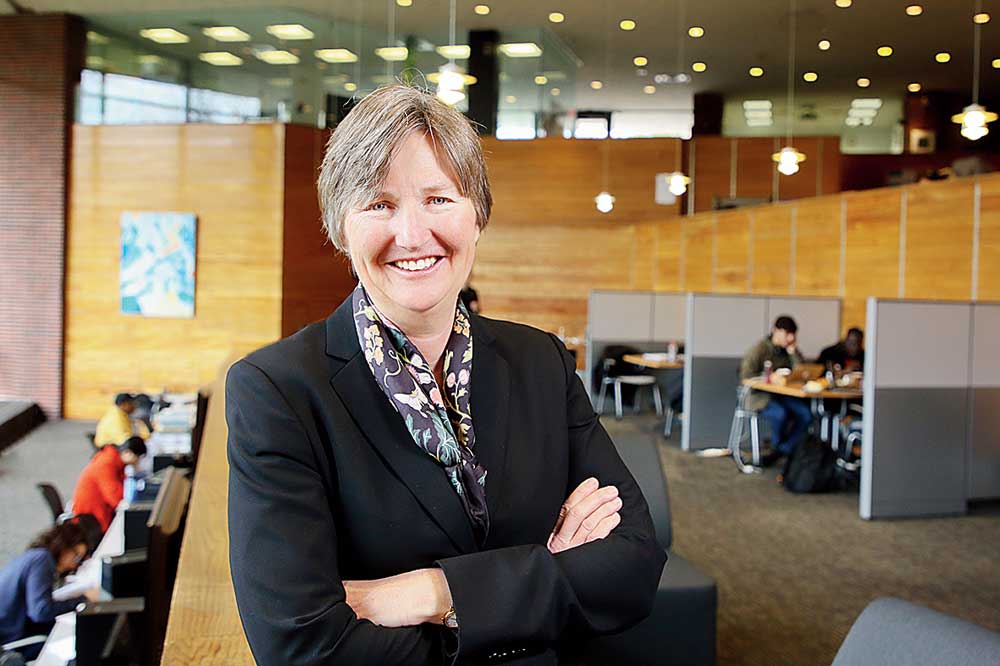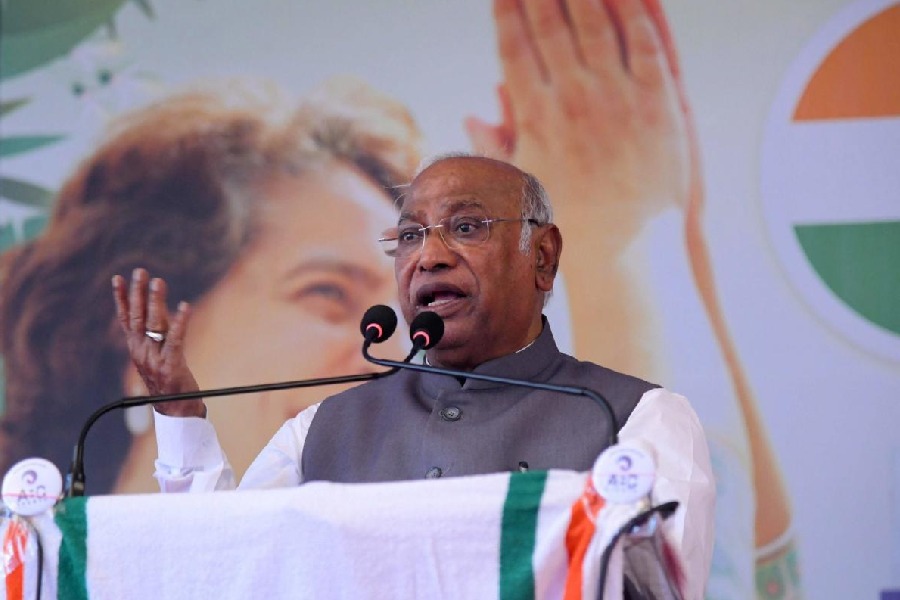As the dean at the Brandeis International Business School, US, Kathryn Graddy leads a top-ranked, global business school that prepares both graduate and undergraduate students to excel across borders and cultures. She’s an accomplished scholar, with expertise in the economics of art. She interacted with to Chandana Chandra when she was recently in Calcutta. Excerpts:
How is technology changing the business curriculum? How do you teach students to be creative and also succeed in the digital age and beyond?
Today’s students need data skills. Businesses of all sizes across all sectors of the economy are awash in information. Their success is increasingly tied to their ability to organise, understand and use data to make smart business decisions. So it is no surprise that firms are placing a high premium on workers who know how to analyse, present and ultimately make informed decisions based on data. These are the skills we teach at Brandeis International Business School.
We also teach students to apply their creativity in the fields of business, finance and economics. An interdisciplinary curriculum exposes students to both a broad set of subjects and diverse approaches to learning. And I cannot overstate the power of experiential learning. Our students are exposed to valuable knowledge and skills in the classroom, but it all comes together when they are out in the world — either on a field project with an emerging FinTech start-up or a year-long fellowship on the board of a local non-profit, during a design-thinking class and 3D printing tutorial at our Brandeis MakerLab, or during an immersion trip to countries such as China, Colombia, Cuba, Israel and Panama.
Which business courses will currently get students the most job opportunities?
It is a data-driven economy, so our popular courses right now focus on data visualisation, machine-learning and forecasting.These require knowledge of programming languages Python and R, which we also teach. Such skills help our students hit the ground running after graduation. The FinTech concentration in our master’s of science in finance (MSF) programme is also attractive to students who are interested in how technology is reshaping the finance industry. In fact, in 2019, a Boston-based think tank lauded Brandeis as a global leader in this emerging field. As more finance and accounting jobs are automated, it is important to understand the technologies behind these changes.
It is believed that B-schools disseminate a form of knowledge that teaches people how to make profits. Do you think that business schools were complicit in producing the financial meltdown 10 years ago?
Many factors led to the global financial crisis, none more significant than the lack of proper regulatory oversight in the early and mid-2000s. As educators, we must take seriously our role in shaping future leaders. At Brandeis, we approach the study of business, economics and finance in a way that takes into account not just a company’s bottomline but societal values as a whole. This philosophy sets us apart and is rooted in our university’s founding values of inclusivity, social justice and a desire to improve the world.











